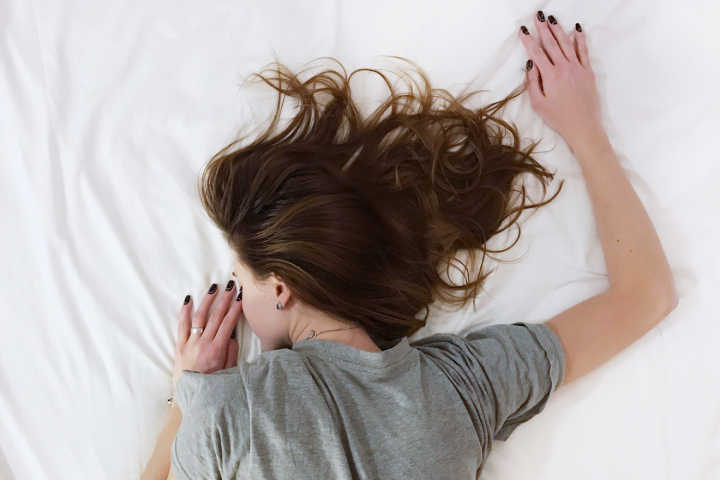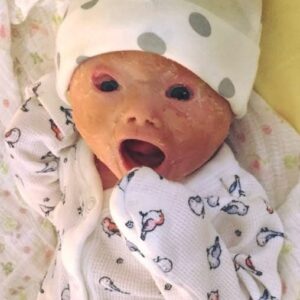WHY YOU SHOULDN’T GO TO BED WITH WET HAIR

We’ve all heard that sleeping with wet hair can lead to catching a cold (actually a myth, by the way), but did you know that it can also lead to infection? Yes, that’s right! Sleeping with wet hair can put you at risk for fungal and bacterial infections, and it’s not just limited to your scalp.
It’s a common habit for many people to go to bed with damp hair, whether it’s due to a late-night shower or just air-drying after a swim. However, this seemingly harmless habit can have some serious consequences. Here’s why.
REASONS NOT TO GO TO BED WITH WET HAIR
DAMP HAIR PROVIDES A BREEDING GROUND FOR BACTERIA AND FUNGI
When your hair is damp, it creates the perfect environment for bacteria and fungi to thrive. This is because moisture promotes the growth of microorganisms, which can lead to infections on your scalp and skin. In fact, fungal infections like ringworm and tinea capitis (a scalp infection) are more common in people who regularly sleep with wet hair.
PROLONGED DAMPNESS CAN WEAKEN YOUR IMMUNE SYSTEM
Your immune system is your body’s defense mechanism against harmful pathogens like bacteria and fungi. However, when you sleep with wet hair, the prolonged dampness can weaken your immune system, making it harder for your body to fight off infections. This is particularly concerning for people with compromised immune systems.
SLEEPING WITH WET HAIR CAN LEAD TO DANDRUFF AND ITCHING
Damp hair can also lead to dandruff and itching, which can be both uncomfortable and embarrassing. When your scalp is moist, it becomes a breeding ground for yeast and other fungi, which can cause flaking and itching. Additionally, sleeping on damp hair can cause it to tangle and become matted, leading to further irritation and discomfort.
GOING TO BED WITH WET HAIR CAUSES BREAKAGE
For starters, your hair tends to get tangled when it’s wet, which can lead to hair breakage. Alongside this, the friction between your wet hair and damp pillowcase can further lead to damage. For that reason, it’s best to properly dry your hair before going to bed — and invest in a silk pillowcase to prevent friction.
IT PUTS YOU AT RISK OF FOLLICULITIS
Besides heightening your risk of developing an infection on your scalp, sleeping with wet hair can also trigger fungal acne, otherwise known as folliculitis. According to dermatologists, it would present as small red bumps on the neck or upper body, and they’re caused by the same Malassezia that could cause an itchy and flaky scalp.





